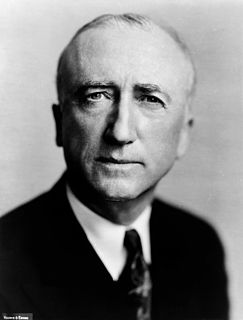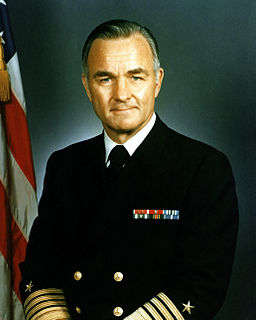A Quote by Sam Harris
Norway, Iceland, Australia, Canada, Sweden, Switzerland, Belgium, Japan, the Netherlands, Denmark, and the United Kingdom are among the least religious societies on earth. According to the United Nations' Human Development Report (2005), they are also the healthiest, as indicated by life expectancy, adult literacy, per capita income, educational attainment, gender equality, homicide rate, and infant mortality. . . . Conversely, the fifty nations now ranked lowest in terms of the United Nations' human development index are unwaveringly religious.
Quote Topics
According
Adult
Also
Among
Attainment
Australia
Belgium
Canada
Denmark
Development
Earth
Educational
Equality
Expectancy
Fifty
Gender
Gender Equality
Homicide
Human
Human Development
Iceland
Income
Infant
Infant Mortality
Japan
Kingdom
Least
Life
Life Expectancy
Literacy
Lowest
Mortality
Nations
Netherlands
Norway
Now
Per
Rate
Religious
Report
Societies
Sweden
Switzerland
Terms
United
United Kingdom
United Nations
Related Quotes
Unfortunately, the United States and a few other governments have used the war on terrorism as a way of violating human rights. I am referring to the case of the Guantánamo Bay prisoners. This violation of the rights of prisoners has been so unbelievable that the United Nations has reminded the United States repeatedly that the treatment of prisoners should take place according to the preestablished conventions of the United Nations.
The United Nations exists not merely to preserve the peace but also to make change - even radical change - possible without violent upheaval. The United Nations has no vested interest in the status quo. It seeks a more secure world, a better world, a world of progress for all peoples. In the dynamic world society which is the objective of the United Nations, all peoples must have equality and equal rights.
There are many who criticise the United Nations. And those of us who know this institution well know that it is not immune from criticism. But those who argue against the United Nations advance no credible argument as to what should replace it. Whatever its imperfections, the United Nations represents a necessary democracy of states.
Everybody knows that the United Nations is not the Secretary-General; he has an important position, but the United Nations is the states within this organization, and to be frank, most of the people say only the five permanent members; this is the United Nations because they have the veto, they can do whatever they want and they can refuse whatever they want, and if there's a reform that is very much needed for this organization.
The founders of the United Nations expected that member nations would behave and vote as individuals after they had weighed the merits of an issue - rather like a great, global town meeting. The emergence of blocks and the polarization of the United Nations undermine all that this organization initially valued.
It was just one year ago that the world saw this new, invigorated United Nations in action as this Council stood fast against aggression and stood for the sacred principles enshrined in the U.N. Charter. And now it's time to step forward again, make the internal reforms, accelerate the revitalization, accept the responsibilities necessary for a vigorous and effective United Nations. I want to assure the members of this Council and the Secretary-General, the United Nations can count on our full support in this task.
Recall that the United Nations commissioned Arab scholars and analysts to publish the Arab Human Development Report. What causes the backwardness, the scholars wondered, of 22 Arab states, covering nearly 300 million people? Their conclusion? Of all world regions, the Arab countries scored the lowest in freedom, media independence, civil liberties, political process and political rights.
Now you are trying to recover it through Irangate. I know that. But it will cost you a lot. And if you are speaking about the charters again, you have to remember that the Israelis should recognize first the resolutions of the United Nations, according to [one of] which they became a state. Israel is the only state which was created by one of the United Nations resolutions.
We have a much bigger objective. We've got to look at the long run here. This is an example - the situation between the United Nations and Iraq - where the United Nations is deliberately intruding into the sovereignty of a sovereign nation.... Now this is a marvelous precedent (to be used in) all countries of the world.


































